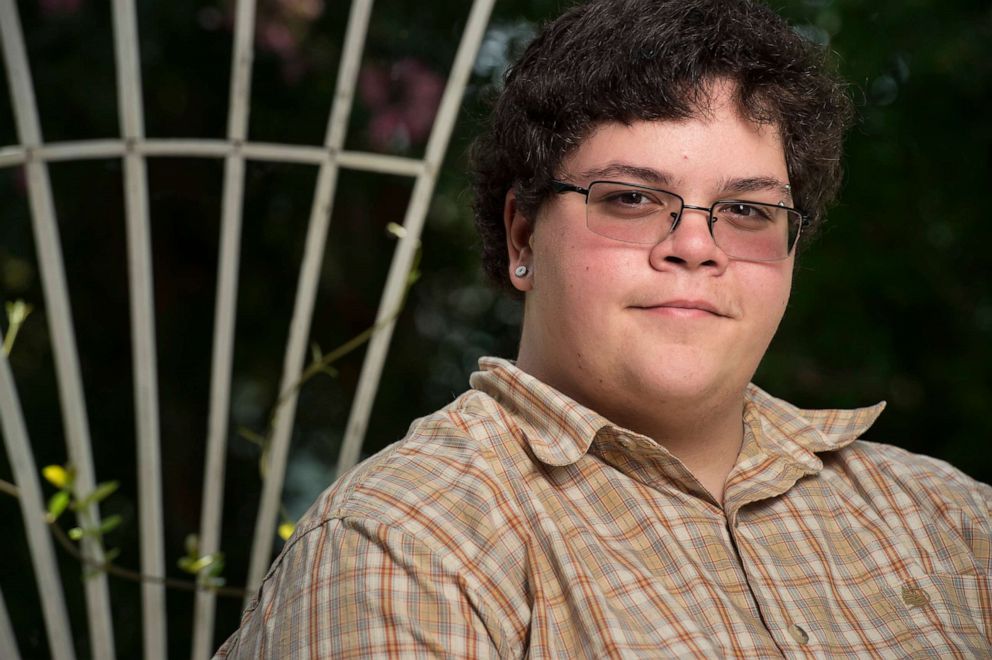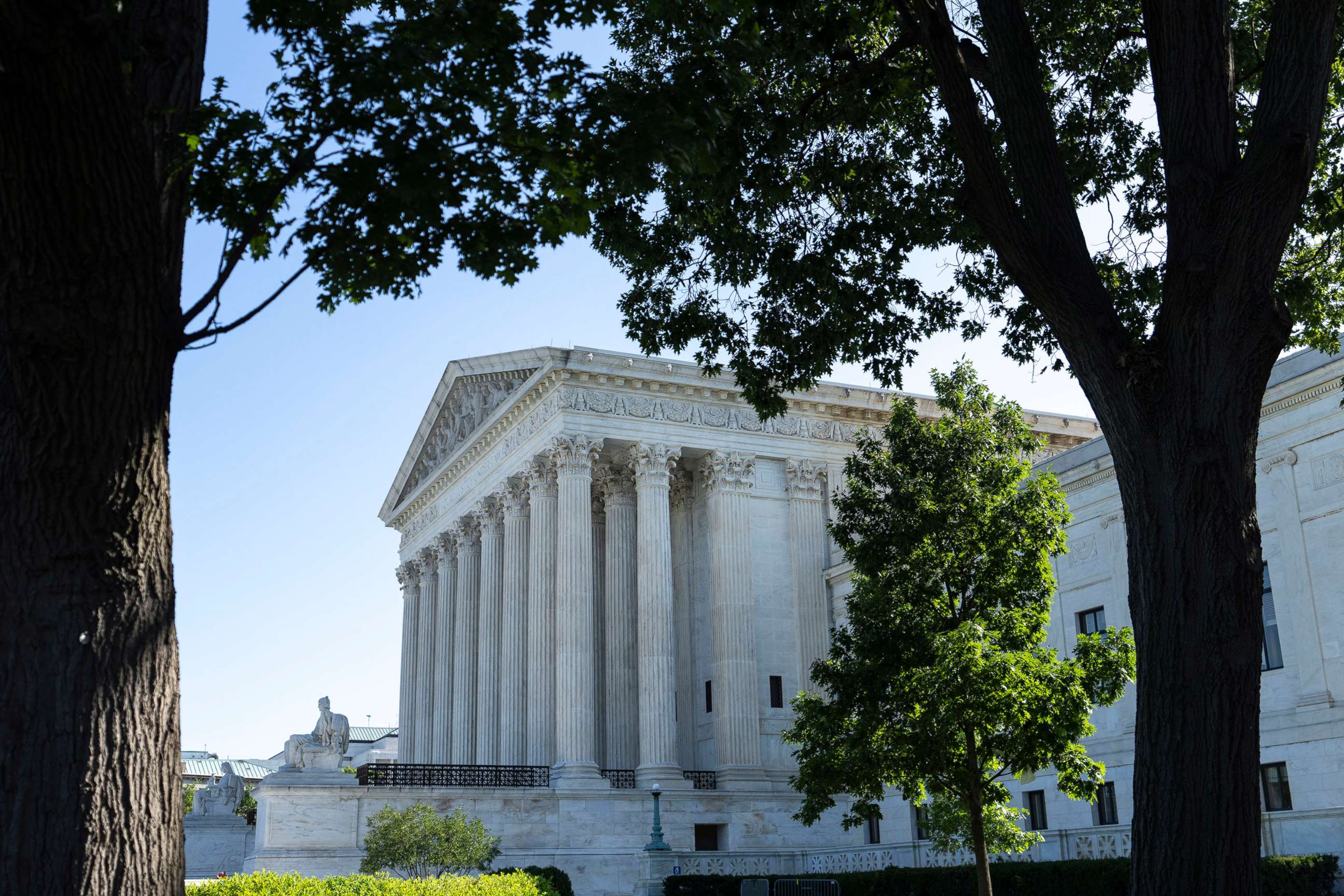Transgender student wins bathroom battle after Supreme Court rejects school board appeal
A lower court had ruled that a transgender bathroom ban was unconstitutional.
A transgender man from Virginia has won a years-long legal battle against his former high school over its refusal to let him use boys bathrooms when he was a student.
The U.S. Supreme Court Monday rejected the Gloucester County School Board's appeal of a lower court decision that found its transgender bathroom ban is unconstitutional.
The decision is a major victory for former student Gavin Grimm and transgender advocates nationwide.
"I am glad that my years-long fight to have my school see me for who I am is over," Grimm said in a statement. "Being forced to use the nurse’s room, a private bathroom, and the girl’s room was humiliating for me, and having to go to out-of-the-way bathrooms severely interfered with my education. Trans youth deserve to use the bathroom in peace without being humiliated and stigmatized by their own school boards and elected officials.”

The court's majority did not elaborate on its decision to reject the case. Justices Clarence Thomas and Samuel Alito said they would have taken up the case.
The Gloucester County School Board had argued that gender identity is not protected under federal civil rights law and that because Grimm had not undergone surgery for sex-reassignment he was still, anatomically, a female.
In a statement to ABC News, the Board declined to elaborate on the justices' decision: "At this time, the Gloucester County School Board has no comment on the denial of the Petition for Writ of Certiorari in the Supreme Court of the United States in the Grimm case."

Last year, the 4th Circuit U.S. Court of Appeals rejected those arguments, saying the 14th Amendment's equal protection clause and Title IX protect transgender students from school bathroom policies that prohibit them from affirming their gender.
"The proudest moments of the federal judiciary have been when we affirm the burgeoning values of our bright youth, rather than preserve the prejudices of the past," the appeals court panel wrote in its opinion. "How shallow a promise of equal protection that would not protect Grimm from the fantastical fears and unfounded prejudices of his adult community. It is time to move forward."
Earlier this month the Biden administration reversed a Trump-era policy of sex discrimination in schools, expanding protections to include transgender and gay students under Title IV.
"The decision to deny certiorari affirms that transgender students are protected by Title IX,” said Alphonso David, Human Rights Campaign President. "Everyone has the right to high-quality, public education without the fear of being discriminated against simply for being brave enough to show up as you truly are. This is a battle Gavin Grimm has been fighting for over four years—we are grateful that his resilience, courage and determination has finally been rewarded."
ABC News interviewed Grimm back in 2015 when he first brought the lawsuit against the school. He is now 21 and in college.
"The fact that the court didn't take the issue today doesn't mean that they won't take it up another time, but we're seeing a trend now in the circuits toward trans-inclusive policies," said Jessica Clarke, a Vanderbilt University law professor and expert in American equality law. "This is just going to reinforce that so many school districts are enacting inclusive transgender bathroom policies and we're not seeing the privacy violations or misconduct that critics predicted."




